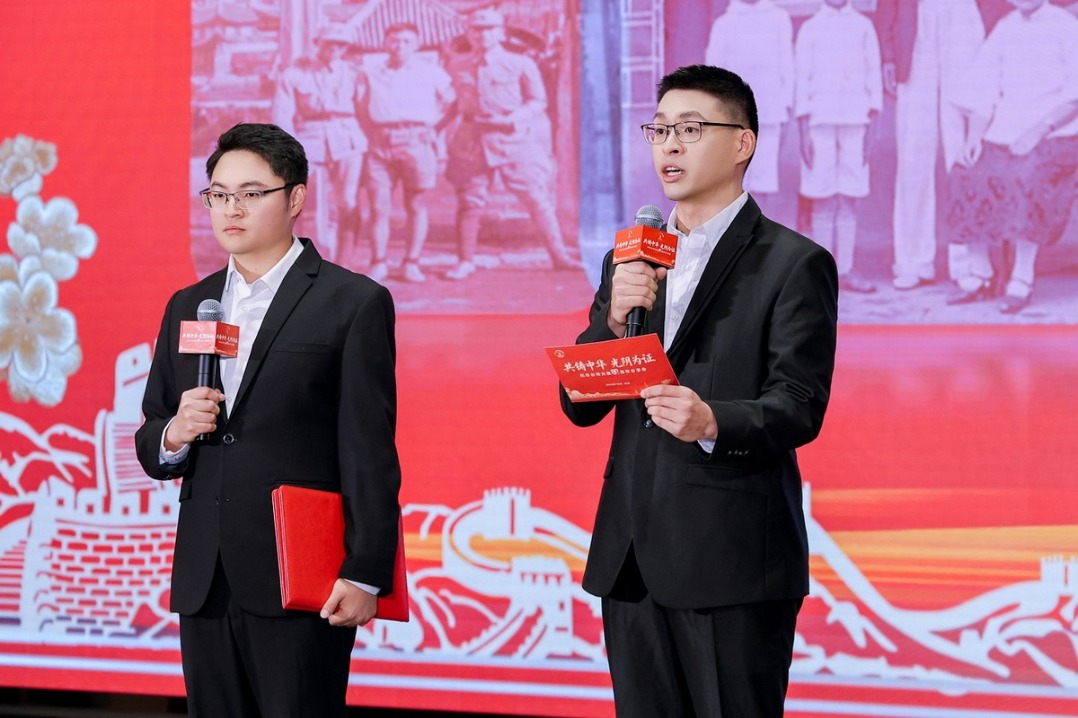Stable, cooperative relations showcase mutual commitment to multilateralism


With the US adopting unilateral tariff measures under the banner of "reciprocity", even long-standing partners such as Singapore have not been spared. Despite running a trade deficit with the US, Singapore faces baseline tariff rates, exposing the vulnerabilities smaller economies face amid shifting global trade politics.
It is within this unpredictable environment that China's role as Singapore's largest trading partner has taken on renewed significance. Singapore maintains strong defense ties with the United States while fostering a comprehensive economic relationship with China. For Singapore, China is not only a vast and dynamic market but also an essential partner whose stability and sustained growth offer long-term opportunities for diversification and resilience.
Thus the official visit by Singaporean Prime Minister Lawrence Wong to China that began on Sunday is being closely watched by both regional and international audiences.
In Wong's own words, his first official visit to China as prime minister is aimed at building closer ties with Chinese leaders, reaffirming bilateral commitments, and exchanging views on regional integration and global development.
As he said in an interview with China Central Television before his visit, it carries special significance. It underscores Singapore's intent to deepen practical cooperation in key sectors vital to its future competitiveness. The digital economy, green transition, financial connectivity and high-end manufacturing represent areas where both countries see significant room for mutual benefit.
Wong emphasized Singapore's continuous efforts to add value to China's development, signaling it seeks to play a proactive role in their innovation, digital economy and green technology cooperation. He reaffirmed Singapore's active support for China's accession to the Digital Economy Partnership Agreement and emphasized joint efforts to define emerging trade rules and digital governance frameworks. This mindset reflects Singapore's ambition to be more than a beneficiary. It seeks to provide value to its relationship with China and regional integration efforts.
But Singapore's engagement with China goes beyond bilateral economic cooperation. It reflects a principled commitment to preserving the rules-based international order and multilateralism. Wong has been explicit in his calls to adjust, reform and improve the global multilateral system rather than abandon it. This approach aligns with China's own commitment to defending globalization against fragmentation and underscores Singapore's broader foreign policy goal of ensuring that global governance frameworks remain inclusive and equitable for countries large and small alike.
In his interview with CCTV, Wong also said that "one should never bet on the decline of China", citing both the competence of its leadership and the ingenuity of its people and the capacity of the Chinese system to reflect, learn and keep on improving.
For Beijing, Wong's visit serves symbolic and substantive purposes. Amid external pressures and an increasingly confrontational Washington, China views Southeast Asia — and Singapore in particular — as critical to demonstrating its reliability as a responsible regional partner. The long-standing political trust cultivated between the two sides enables China to showcase a stable, cooperative relationship that stands apart from the often adversarial narratives dominating international headlines.
Ultimately, the significance of Wong's visit extends beyond bilateral ties. It highlights how small states such as Singapore can nevertheless pursue principled engagement with major countries, and actively contribute to regional stability and prosperity, demonstrating that even in an era of uncertainty, pragmatism and mutual respect remain powerful drivers of constructive international cooperation.


































